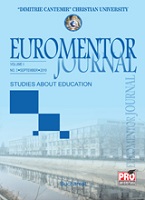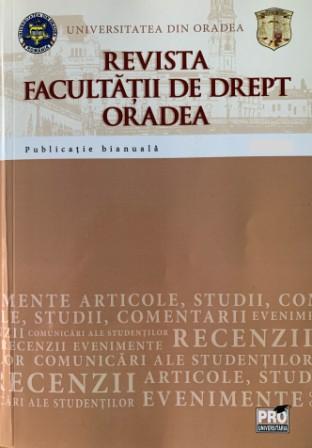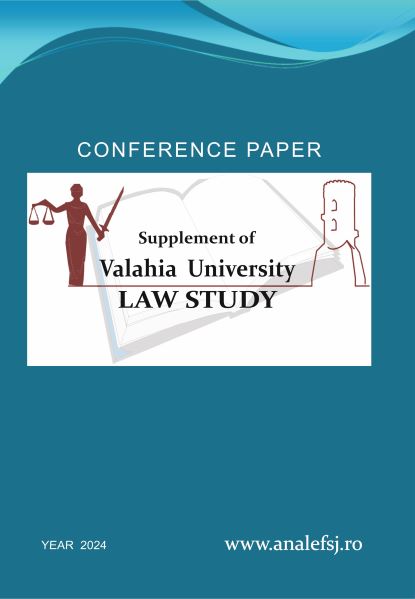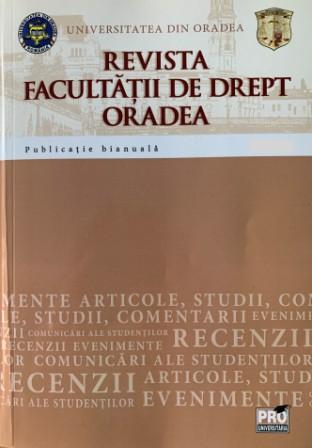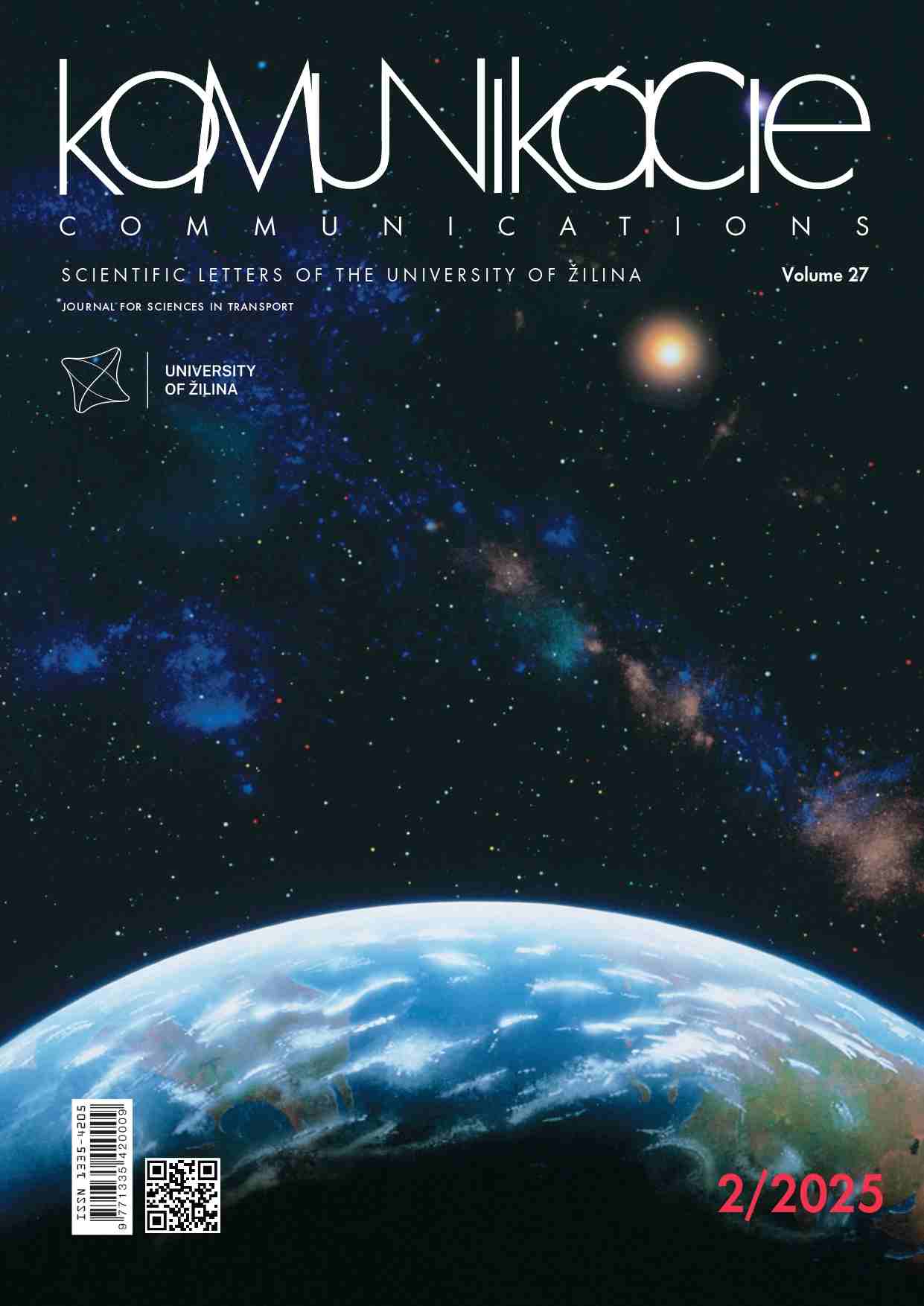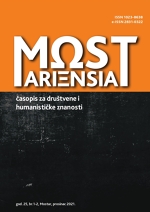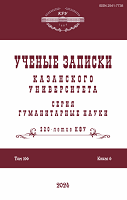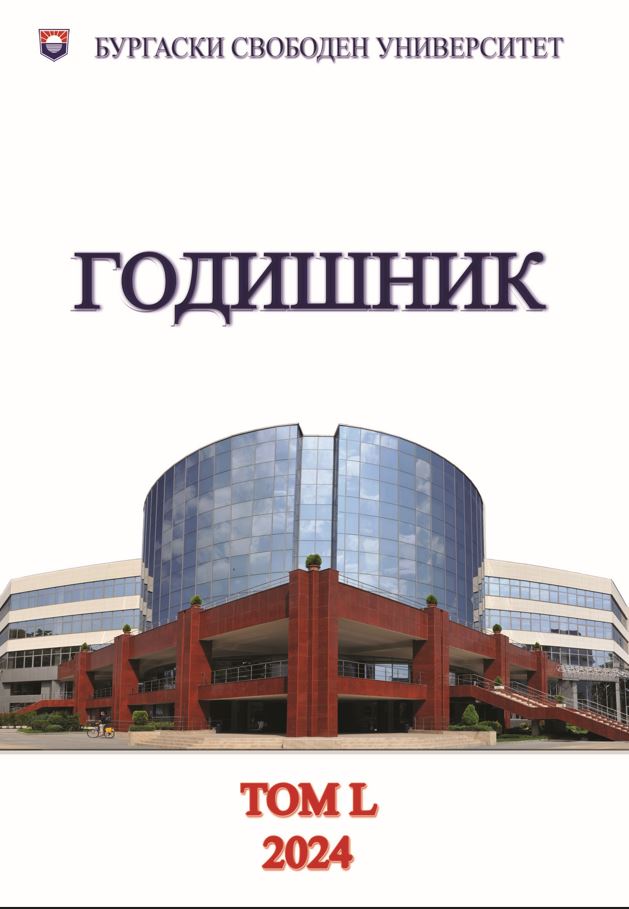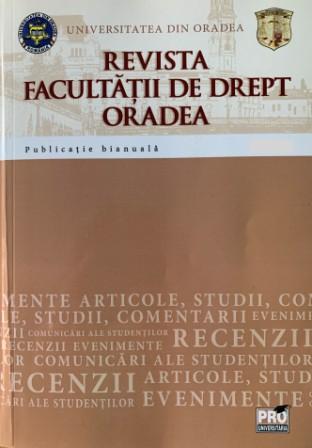
Issues of Collective Autonomy – Who Shall Represent the Workers?
Collective bargaining agreements (CBA) are unique legal institutions of collective labor law, where the elements of contract(ual) law and public (labor) law are concurrently present. As an agreement, the collective bargaining agreement is the embodiment of the mutual will of the concluding parties involved, the labor union and the employer, although the normative regulations are usually applicable to all the employees employed at the employer. Nothing shows more the support of the union then its size and membership rate at a labor market. Several institutions have been evolved, therefore, to ensure the power of the unions, also the legitimacy of the normative regulations of the collective agreements throughout the brief history of unionization. Earlier, union security agreements, e.g. the so called pre/post entry „closed shop” and „open shopping” agreements literally forced the workers to join the union, so the operation of the unions was ensured and legitimized by the support of the majority of the workers, who were members of the union. Nowadays, most of the states identified the conflict between these agreements and the freedom of association, and enacted protective legislations to outlaw and eliminate union security agreements. It has to be mentioned, however, that union density is showing a declining figure worldwide. In the European Union, the dominant model is where the scope and effect of collective bargaining agreements is linked to the employer. In some exceptional examples, however, the membership (status) itself determines whether the regulations of a collective agreement are applicable to the employee concerned. Also, in a few countries, the legislator provides an opportunity of an extension order, whereby a collective agreement can be extended to include and cover employment relationships of essentially the same nature, that are actually not covered by a collective agreement. Therefore, the effect of the agreement goes far beyond the union membership. While the ILO conventions (such as No. 151) declare that collective bargaining should be made possible for all employers and all groups of workers, it is not at all this obvious. In the United States, new forms of workers representation and alternative unions have been emerged, and collective bargaining takes place between independent contractors (National Taxi Workers Alliance), temporary agents occupied as independent IT personels (WasTech) etc., so bargaining outside a union is becoming possible. On the other hand, however, the Constitutional Court in Germany stressed in its recent decision (BVerfG, 11.07.2017) that collective bargaining is a freedom provided by collective autonomy and that can be exercised through a union. By analyzing the above, the questions arise whether the right to bargain should be extended to nonunionized workers, or what conclusions should be drawn from the comparative analysis of various legal systems and the interpretation of the international conventions. The aim of this paper to give an overview of the model regulations, and to highlight the issues that directly influence the legitimacy of unions and their collective agreements – such as union membership, contractual capacity, and the scope and effect of the agreements, decertification elections – in a comparative context, also to introduce some new forms of representation.
More...
